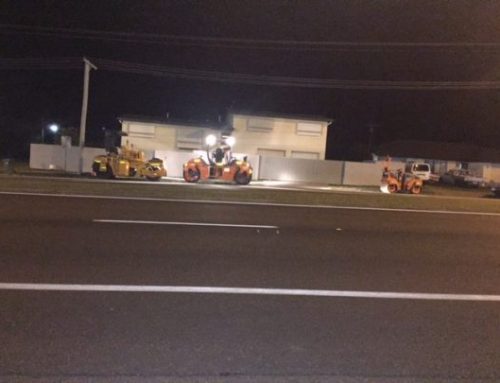
The earth has suffered massive environmental degradation with the advent of industrialisation. Pollution is most severe in third world nations but is also present in industrialised nations. Pesticide, oil and fuel dumping, leaching of wastes from landfills, and direct discharge of industrial wastes contaminate the soil. The most common chemicals found in contaminated soil are petroleum hydrocarbons, solvents, pesticides, lead and other heavy metals. Soil remediation techniques are being developed and redeveloped by scientists in order to restore contaminated soil back to health. Most processes are typically expensive and tedious. They are however absolutely necessary as the health dangers posed by contaminated soil are plenty. It triggers cancer, congenital disorders, and chronic illnesses. Of course, Eco systems are also affected. For flora and fauna assessments Queensland you can refer online.
Some soil remediation techniques are excavation and dredging, aeration, thermal remediation, bioremediation, phytoremediation, and electromechanical extraction of groundwater. Apart from contamination by biohazards, soil is also harmed by over salinity and aridness. New performance-enhancing plants are offering up practical and ingenious soil remediation techniques. These kinds of plants are bred to positively impact the earth. It can benefit nature in more than one way. They grow much faster, offer a source of renewable energy with enriched syngas and biochar, are 50% more effective at absorbing carbon dioxide, have the ability to significantly improve the quality and availability of water and soil, can yield about 30% more than their mono-genomic or bi-genomic parents given the same growing environment. Given the same methods of growing a normal plant, you can grow performance enhancing plants and expect much more impactful mechanisms for generating renewable energy, carbon capture and storage, water and soil remediation techniques, forestry, and overall global warming management.
There are efforts to restore nature and adopt a sustainable lifestyle and among these are the soil remediation techniques. These efforts have to be on a global scale and everyone should treat this issue with high priority in order for substantial changes to manifest. New technologies offer a beacon of hope but also hopefully, it isn’t too little too late.


